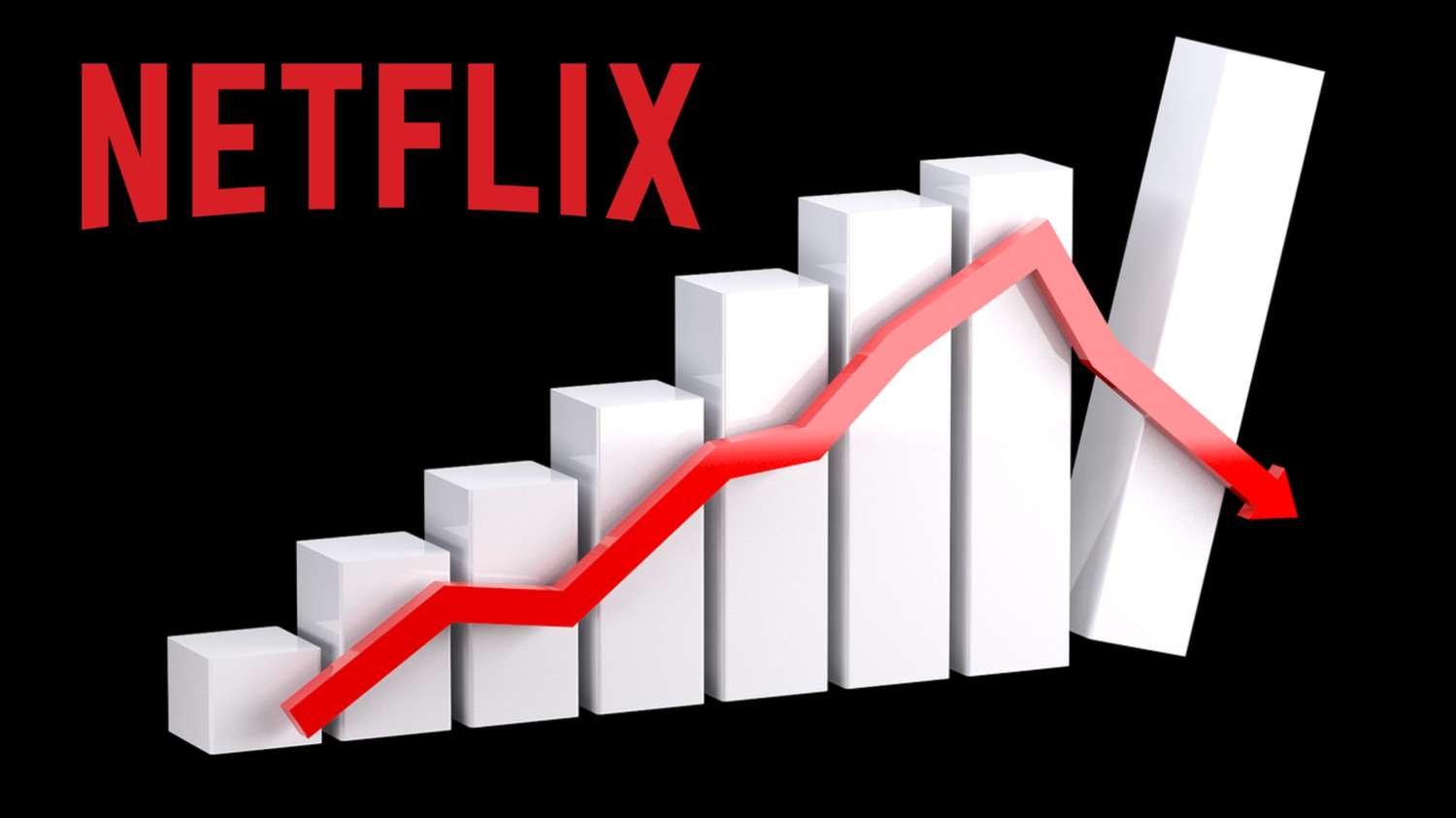What Actually Went Down
The controversy ignited when Hamish Steele, the creator of Netflix’s animated show Dead End: Paranormal Park, made a vitriolic social media comment about conservative activist Charlie Kirk’s death—apparently calling him a “random Nazi.” That alone stirred backlash, but the storm intensified when critics spotlighted the show’s transgender main character, accusing Netflix of pushing “pro-trans content” onto children’s programming.
Elon Musk, leveraging his massive platform, joined the fray—urging followers to cancel Netflix with posts like “Cancel Netflix for the health of your kids.” His intervention turned this into a full-blown culture war moment.
How People Reacted (And Why It Blew Up)
The reaction was intense, amplified by social media and political actors:
“Cancel Netflix” trended across X/Twitter, with users posting screenshots of subscription cancellations.
Some right-wing commentators framed this as a battle against “woke culture”, claiming Netflix is weaponizing children’s content.
On the flip side, critics defended inclusive storytelling as an essential step forward—pointing out that media without diverse representation can alienate large swaths of the audience.
Politicians jumped in: e.g., Marjorie Taylor Greene publicly condemned Netflix’s direction.
In short: the debate became less about one cartoon and more about who controls cultural norms.
Market Moves & Netflix’s Stock Rollercoaster
The financial fallout was swift:
Netflix shares slid by ~2–3% in immediate trading after Musk’s posts.
At one point, the company allegedly lost $15.1 billion in market value amid the controversy.
Still, the stock before the clash had been riding strong—up ~28% over recent months.
Analysts flag concern over rising content costs and declining operating margins—factors that might erode gains even post-controversy.
Thus, while backlash caused short-term dips, Netflix’s fundamentals and competitive position are being scrutinized more than ever.
What This Means for “Woke” Culture in Media
This incident signals more than a flashpoint—it may shift how entertainment contenders think about content strategy:
Polarized storytelling is riskier. Content seen as “political” may alienate factions of viewers.
Representation can’t be lip service. Audiences increasingly expect authenticity—not token characters.
Platforms must brace for backlash. Even past successful inclusive shows are now fair game for cultural critique.
Context matters. A creator’s external behavior (online statements, public persona) can now tug at a show’s reputation.
Takeaway for Netflix (and Others)
The lesson is clear: navigating culture wars will be an unavoidable part of the streaming era.
Review internal content review protocols—especially around kids’ programming and identity narratives.
Stay nimble in public relations—swift, clear response (or well-considered silence) can defuse escalation.
Monitor subscriber sentiment actively—boycott campaigns can snowball.
Treat creator behavior as brand risk—public posts, social media tone, and alignment with platform values now matter.
As media and identity debates intensify, even one misstep can lead to reputational and financial ripple effects. Netflix’s recent clash offers a cautionary tale: in today’s landscape, “woke content” isn’t just artistic choice—it’s a high-stakes positioning decision.

